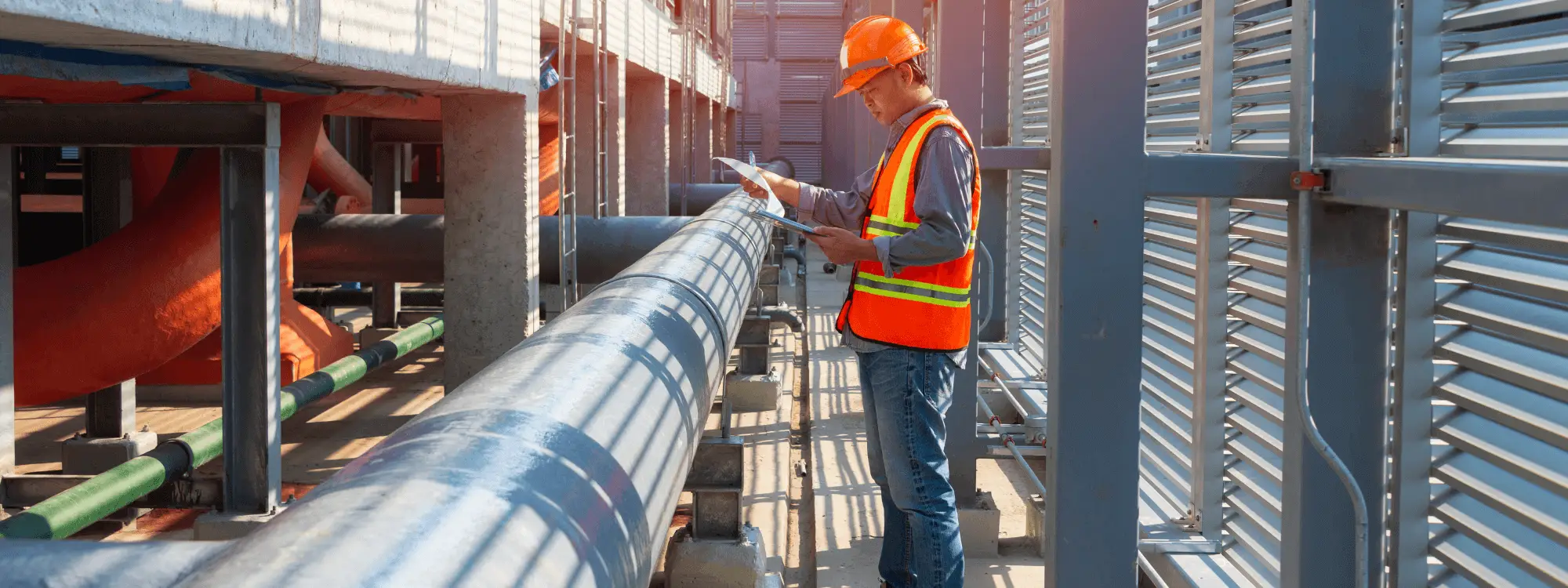
How to Start Your Career in Electrical Engineering
Looking to start a career in electrical engineering? You’re in the right place. Whether you’re fresh out of university or pivoting to a new career path, this field offers an exciting world full of challenges and innovation. Here are practical steps to help you succeed and launch your technical career.
[View our electrical engineering jobs]
Build Your Foundation with Education
It all begins with education. Enrol in a well-regarded electrical engineering programme at a college or university. Focus on maths, physics, and essential technical principles. These entry requirements form the cornerstone of a successful career for engineering graduates aiming to work with electrical systems and other specialised fields.
Explore Your Specialisation
This sector is not one-size-fits-all. As you progress, explore areas such as power systems, electronics, telecommunications, control systems, or renewable energy projects. Identify your passion and chart a path toward a specialisation that excites you.
Gain Hands-On Experience
Practical experience sets top candidates apart. Seek internships, work placements, or research opportunities. This will help you develop problem-solving skills and understanding of complex electrical systems, while making you more attractive to employers.
Develop Technical Skills
Employers value professionals with strong technical expertise. Familiarise yourself with tools such as CAD software, circuit simulators, and programming languages. These skills support roles in project management, renewable energy, and other technical areas.
Certify Your Skills
Professional certifications can open doors. Start with the Fundamentals of Engineering (FE) or Engineer in Training (EIT). These credentials signal your commitment to professional growth and lay the groundwork for Chartered Engineer (CEng) status.
Advance with Specialised Certifications
Increase your marketability by pursuing certifications tailored to your chosen field. For example, specialists in power systems can consider the NETA Technician Certification, while those interested in telecommunications may pursue the Cisco Certified Network Associate (CCNA). Certifications in renewable energy and electrical systems will strengthen your CV and career prospects.
Stay Current and Keep Learning
This sector evolves quickly. Read industry journals, join online communities, and track emerging technology. Learning does not stop at graduation - it's a lifelong pursuit, especially for engineering graduates seeking to stay ahead in project management and problem-solving roles.
Network Effectively
Your professional network is invaluable. Attend expos, meet-ups, and conferences to connect with peers. Joining organisations like the Institution of Engineering and Technology (IET) or the Institute of Electrical and Electronics Professionals (IEEE) provides access to resources and career opportunities in electrical systems and related disciplines.
Expert Insight
"Starting your journey in this sector is incredibly exciting. From power grids to renewable energy projects, these roles shape industries every day. At Matchtech, we connect driven individuals with positions that make a real difference. Take the first step - you could be designing tomorrow’s breakthroughs."
– Steve Carter, Electrical Recruitment Consultant, Matchtech
Take Your Next Step
Ready to take action? Browse our electrical engineering jobs to discover opportunities waiting for you. Learn how Matchtech can help you find your ideal start by visiting our electrical engineering recruitment page.
By gaining the right education, developing practical skills, and seizing every opportunity to grow, you can carve out a successful career. Stay curious, keep learning, and get ready to tackle tomorrow’s challenges in electrical systems, project management, and renewable energy.



